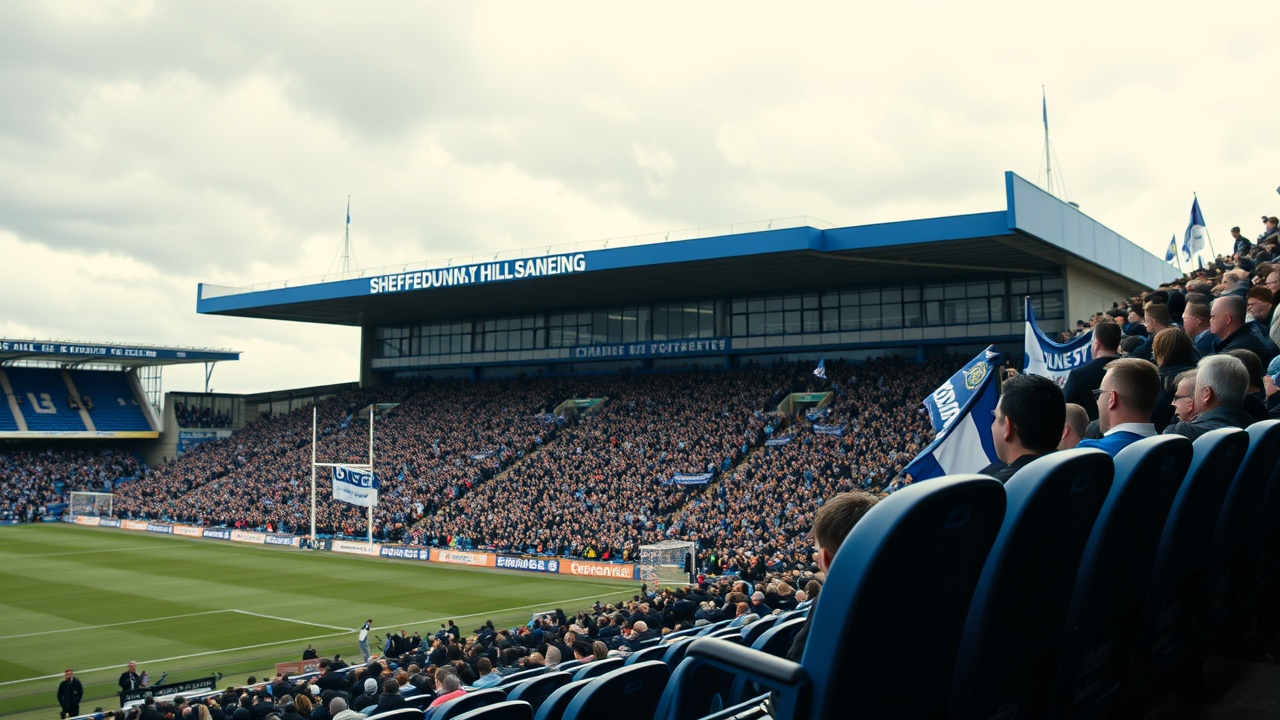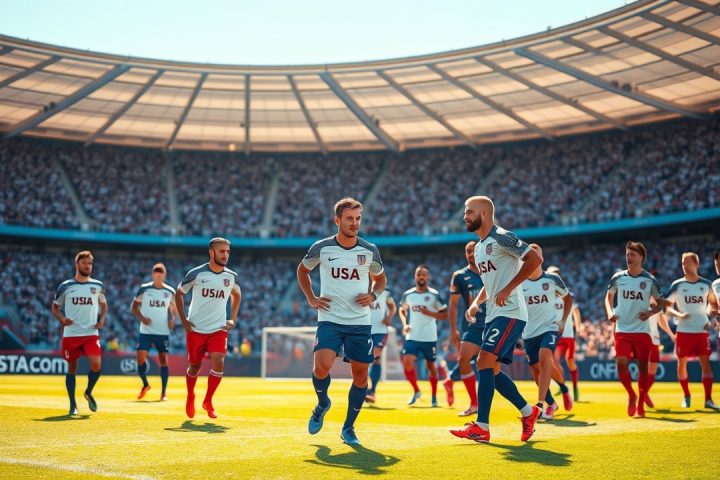Sheffield Wednesday’s Turmoil
Sheffield Wednesday is facing significant turmoil as the club’s troubles accumulate nine weeks after their last home match, highlighted by distressing flyposting at Hillsborough which declares “Chansiri out.” This graffiti reflects the frustration of fans aware that the club has not experienced real success since the early 1990s, a time when they frequently competed at the highest levels in English football and enjoyed repeated trips to Wembley. It has now been a quarter-century since Wednesday graced the Premier League, and under the stewardship of Dejphon Chansiri, the club appears to be in a state of decline.
Financial Struggles and Player Concerns
Chansiri, 57, an owner linked to the Thai Union Group, a global leader in canned tuna production, has seen the financial resources available to the club dwindle while hope among supporters has evaporated. This challenging summer has exacerbated concerns, with the majority of players reportedly going unpaid during June, culminating in an English Football League (EFL) transfer ban that will extend until 2027. The alarming trend continued as staff wages went unpaid once more just this past Monday.
The supposed start of pre-season training last Thursday marked a low point; head coach Danny Rohl, who indicated he wanted to leave back in April, was absent, and most of his support crew had exited with their contracts expiring on June 30. With no friendly matches or pre-season tours organized, the upcoming season looms ominously for a club clearly struggling to regain its footing.
Transfer Embargoes and Ownership Issues
Two simultaneous transfer embargoes further complicate matters—one relating to unpaid player wages and another due to owed taxes to HM Revenue and Customs, a situation self-reported by the club last week. The club’s desperate need for revitalization stands unaddressed as Chansiri has thus far refused to relieve himself of the ownership burden. His recent public declarations suggested a willingness to sell, but negotiations with potential buyers have faltered amid a backdrop of unfinished financial obligations.
Chansiri disclosed an offer of £40 million ($55 million) from a consortium led by local businessman Adam Shaw and US investor John Flanagan, yet deemed it insufficient.
Such statements have increasingly fallen on deaf ears among weary fans. According to James Silverwood from the Sheffield Wednesday Supporters Trust, heightened anxiety about the club’s future is palpable, especially in light of other football clubs that have suffered under similar management circumstances.
Recurring Issues and Future Uncertainty
This summer has revealed troubling indicators about the health of one of the oldest clubs in English football. With Chansiri’s reign often characterized by late payments, a strikingly high wage bill, and managerial turnover, Wednesday finds itself with an uncertain future. EFL representatives, including chief executive Trevor Birch, have met with fans, yet the damage seems to run deep.
During Chansiri’s tenure, wage delays have emerged as a recurring theme, with reminders of a similar situation in 2021 when the club faced sanctions due to systematic payment failures. Only a select few players received full pay for May, leading many others to ponder their futures. Remarkably, FIFA regulations allow players to leave for free if they have not received two consecutive paychecks, a circumstance that looms ominously for Wednesday’s roster.
The Professional Footballers’ Association has expressed discontent over the situation, branding the club’s practices as “unacceptable.” Presently, only 16 senior players have contracts carrying over into the next season, stunted by the EFL sanctions that prohibit any new signings until the resolution of the transfer bans.
Leadership and Financial Impact
Chansiri’s organizational style has drawn varied opinions; some staff portray him as well-meaning but incapable of democratic leadership, with little appetite for advice or camaraderie. At present, he operates without an executive board, undermining collective decision-making, while relying on an unconventional communication method, predominantly through a messenger application. This has led to perceptions of him as a solitary figure, involved in every decision down to the minutiae.
His financial impact on the club exceeded £167 million, yet attempts to elevate Wednesday back to the Premier League have seemingly worsened its financial troubles. After coming perilously close to promotion in 2016 and 2017, a series of missteps, including a breach of EFL profit regulations, led to painful consequences like deductions and relegation to League One.
Chansiri’s financial gambles have not extracted the club from its current predicament, with mounting debt and recent delays in payments to authorities exacerbating the situation. Observing the further decline of Hillsborough—a historic venue—mirrors the distressing reality of the team. While the training facilities at Middlewood Road underwent upgrades, delays continue to impede player readiness as the new season approaches.
Conclusion
Despite Chansiri’s admissions of responsibility for the current struggles facing the club, definitive solutions seem evasive. His public stance implies readiness to enter into negotiations for a sale, but a lack of actionable steps paints a bleak picture for the fans. That sentiment is echoed by Silverwood, who anticipates the inevitable conclusion to Chansiri’s ownership, underscoring the urgent need for resolution amidst a chaotic summer that looms heavy for Sheffield Wednesday.




